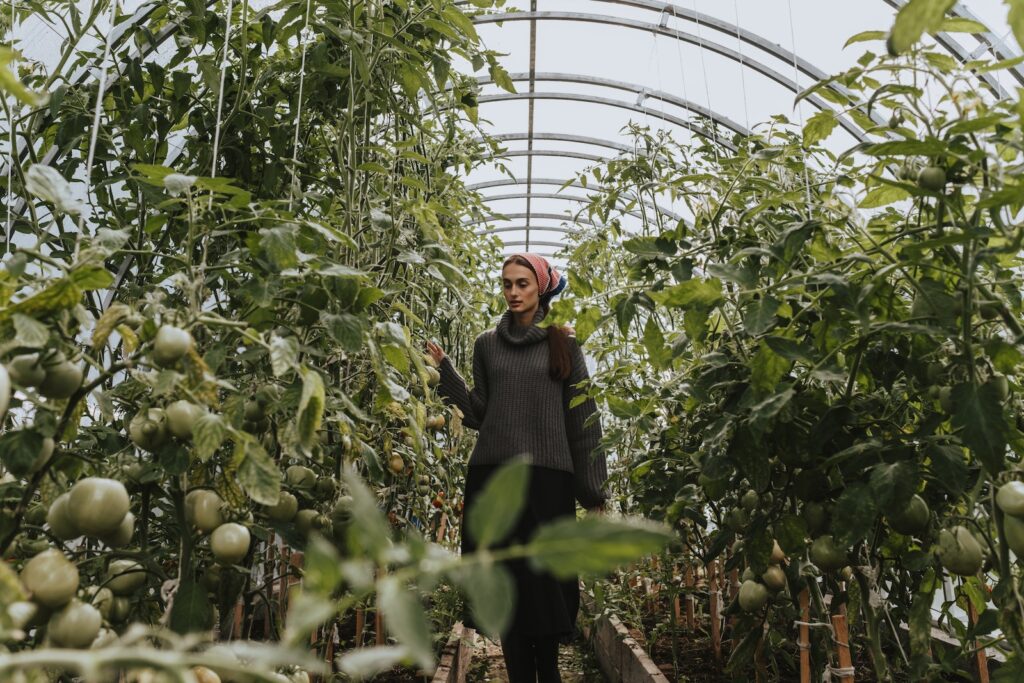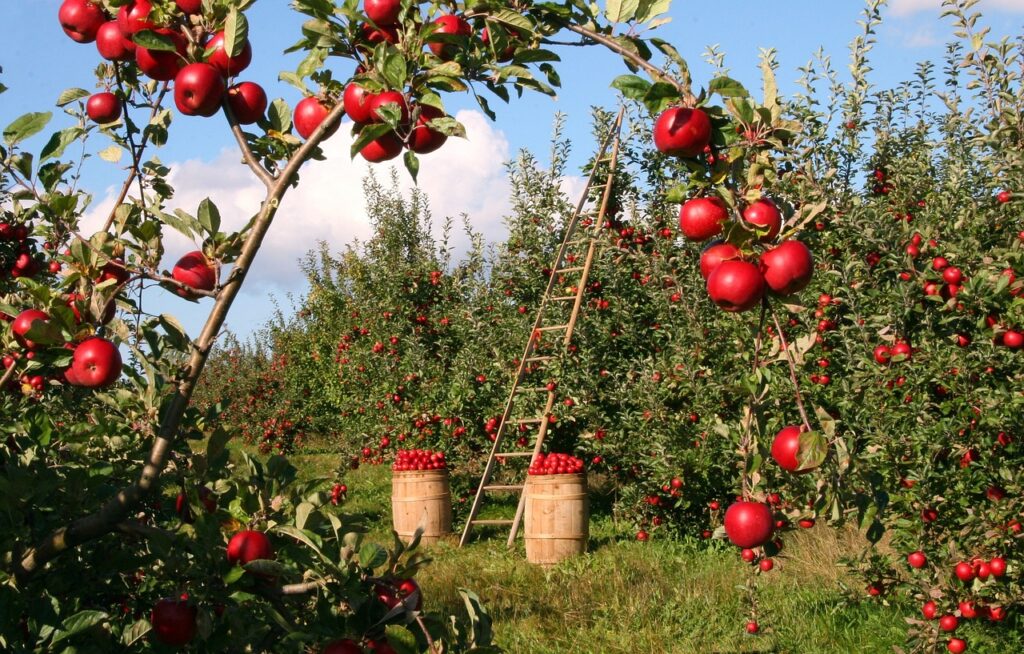Food Sustainability: Meaning and Examples
Food sustainability is a complex concept that encompasses a range of practices aimed at promoting a more environmentally friendly and socially responsible food system. It involves considering the environmental, social, and economic impacts of our food choices, from production to consumption. This article explores the meaning of food sustainability and provides examples of sustainable practices in the food industry.
Understanding Food Sustainability
Food sustainability is about balancing our current food needs without compromising the ability of future generations to meet their own needs. It involves three key aspects:
Environmental Protection: Sustainable food production methods aim to minimize environmental damage. This includes reducing greenhouse gas emissions, conserving water, preserving biodiversity, and minimizing waste.
Social Equity: Food sustainability also involves promoting fair labor practices and ensuring that all people have access to nutritious food.
Economic Viability: For a food system to be sustainable, it must also be economically viable for those who produce and sell food.

"Food sustainability is a critical issue that requires action from all sectors of society."

Examples of Sustainable Practices in Food
Organic Farming:
Organic farming is a method of crop and livestock production that involves much more than choosing not to use pesticides, fertilizers, genetically modified organisms, antibiotics, and growth hormones. It is a holistic system designed to optimize the productivity and fitness of diverse communities within the agro-ecosystem, including soil organisms, plants, livestock, and people.
Plant-Based Diets:
A plant-based diet, rich in fruits, vegetables, whole grains, and legumes, is more sustainable because it uses fewer resources and causes less environmental damage.
Local and Seasonal Foods:
Buying local and seasonal foods can reduce the carbon footprint associated with transporting food from far away. Local foods are also often fresher and more nutritious.
Reducing Food Waste:
Approximately one-third of all food produced worldwide is wasted. Reducing food waste can significantly improve sustainability by saving resources used in producing, transporting, and disposing of wasted food.
Fair Trade:
Fair trade practices in the food industry ensure that producers in developing countries get a fair price for their products, promoting social equity.
Conclusion
Food sustainability is a critical issue that requires action from all sectors of society. By understanding what it means and how we can promote it through our choices, we can contribute to a more sustainable future.
